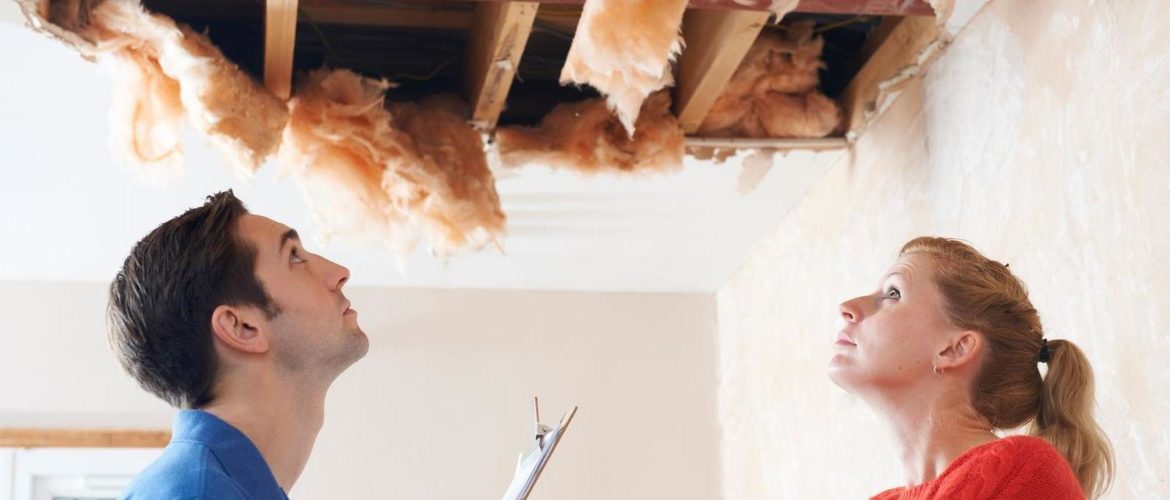Blog
What Does An Insurance Adjuster Do?
- February 3, 2021
- Posted by: April Hilbert
- Category: Claims Adjuster Claims Management Insurance Adjuster Property Uncategorized

If you become an insurance adjuster what would you do all day?
The term adjusting refers to the process or art of investigating, evaluating, reporting on, negotiating, and resolving claims under a policy or claims against your client, the insurance company or the company for which you work or represent.
A claims adjuster is responsible for managing a claim from the moment they receive it until it is resolved. The work of an insurance claims adjuster is primarily investigative work. There are many kinds of insurance and types of adjuster roles that affect the goals and investigation, but most things are the same across the board. Once an insurance claim is received by an insurance company, a claims adjuster is assigned to take over the process, which goes a little like this:
INITIAL CONTACTS AND COVERAGE VERIFICATION
The most important “first step” in handling a claim consists of two critical steps. The first is to review the facts, confirm the type of coverage the customer has and verify the details of coverage. This is an extremely important requirement, and in years past, new adjusters would spend weeks in training before they were allowed to take this first step. Generally speaking, however, confirmation and verification of coverage can be completed quite quickly.
The second part of this first step is to make contact with the involved policyholder (i.e., “the insured”), and any individual(s) who have suffered injury or damage (aka “the claimant”), to quickly verify basic facts and assure them that you are already working on their claim.
INVESTIGATION
The adjuster will review information provided during the claims filing, and evaluate the policy details. Then, gather information and details to work out what happened in the incident. Some information might include police reports, witness statements and photos of property damage or an accident scene. If needed, a claims adjuster will interview everyone involved in an incident. The adjuster will also determine the cause of the loss. This is a critical part of the adjuster’s job because it sets up the parameters for the insurance company’s liability.
CLAIMS MANAGEMENT
An adjuster must be proactive in the direction and progress of a claim and know what the objective is and take the necessary action to achieve that objective.
EVALUATION
The evaluation process is an art that involves establishing a dollar value for a claim…essentially, estimating repair or replacement costs of property, or the valuation of injuries. This may first involve the appraisal of damaged property or requesting quotes from repair companies to determine a payout and fair settlement price. In the case of bodily injury, it involves determining what kind of injuries resulted from the accident, the costs of medical care, any loss of work resulting from the accident, and much, much more.
REPORTING
The adjuster keeps ongoing written reports of the entire process and communications and status updates of a case or claim.
NEGOTIATION AND RESOLUTION
The ultimate goal in handling any claim is to get it closed. Sometimes that will require negotiation if a compromise is needed or if a claim needs to be denied.
We’ve really just scratched the surface in this overview of what a claims adjuster does. Our adjuster licensing and claims training courses go into depth and great detail of every aspect of the profession, so you will know what to expect and how to be equipped and prepared for it.
You might be wondering which type of adjuster role is best suited to you and how that affects the day to day of the job? We will cover the three different types in our next post.
